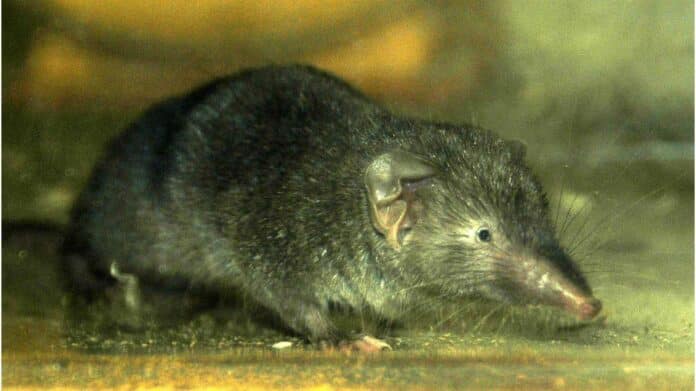Globally, the prevalence of obesity has increased, which has had severe detrimental effects on physical health in recent years. Several hypotheses explain the causes of obesity. The change in people’s eating habits is one significant reason, with high-fat diets (HFD) being of particular concern.
Research has indicated that the gut microbiota of obese people differs from that of lean people, with a decreased diversity of gut bacteria and an overrepresentation of several types of bacteria linked to higher fat accumulation and calorie extraction.
The relationship between gut microbiota, obesity, and high-fat diets has recently gained much attention. Recently, research on the modulation of the gut microbiota has focused on fecal microbiota transplantation (FMT), which has been recognized as an effective method of studying the function of gut microbiota.
A new study recently published in the journal PloS One determined how the gut microbiota of Suncus murinus, a naturally obesity-resistant animal, affected the ecology of the gut microbiota of high-fat diet-induced obese mice. In particular, its resistance to mesenteric fat accumulation is a desirable trait not found in general animals, including humans.
Previously, it was found that, even on a high-fat diet, this animal maintains its body weight and mediates fat gain by controlling its energy intake. Further study found that the key lies in its gut microbiota. Its gut microbiota differs markedly from that of the general experimental animal.
In this new study, scientists focused on the microbes that inhabit the gut of S. murinus. They explored whether or not the ecological diversity of the gut microbiota of obese mice fed an HFD could be improved by transplanting S. murinus gut bacteria.
In this study, Suncus murinus was used as a donor for FMT. The subjects were C57BL/6NCrSIc mice with a high-fat diet; body weight changes were recorded, and 16S rRNA gene analysis was utilized to examine alterations in the gut flora.
16S rRNA Illumina MiSeq high-throughput sequencing technology was used to comprehensively analyze the gut microbiota in C57BL mice, showing that the mouse group that received FMT from S. murinus had greater gut microbiota diversity than others.
C57BL mice were randomly assigned to three groups: the control, antibiotic administration, and FMT groups. According to the study, the FMT group tended to weigh less than the control group following the FMT procedure. Firmicutes and Proteobacteria were the most prevalent phyla across all groups at the phylum level; Bacteroidetes and Deferribacteres were not found in the FMT or antibiotic administration groups. The FMT group outperformed the control group regarding diversity but considerably underperformed it regarding OTU richness at the genus level.
Scientists concluded, “These results indicate that FMT from Suncus murinus can help reorganize and improve the gut microbiota of mice in a balanced and diverse ecosystem.”
Journal Reference:
- Mingshou Zhang, Ting Yang, Rujia Li, Ke Ren, Jun Li, Maozhang He, Juefei Chen, Shuang-Qin Yi. The gut microbiota of Suncus murinus, a naturally obesity-resistant animal, improves the ecological diversity of the gut microbiota in high-fat-diet-induced obese mice. PloS One. DOI: 10.1371/journal.pone.0293213
